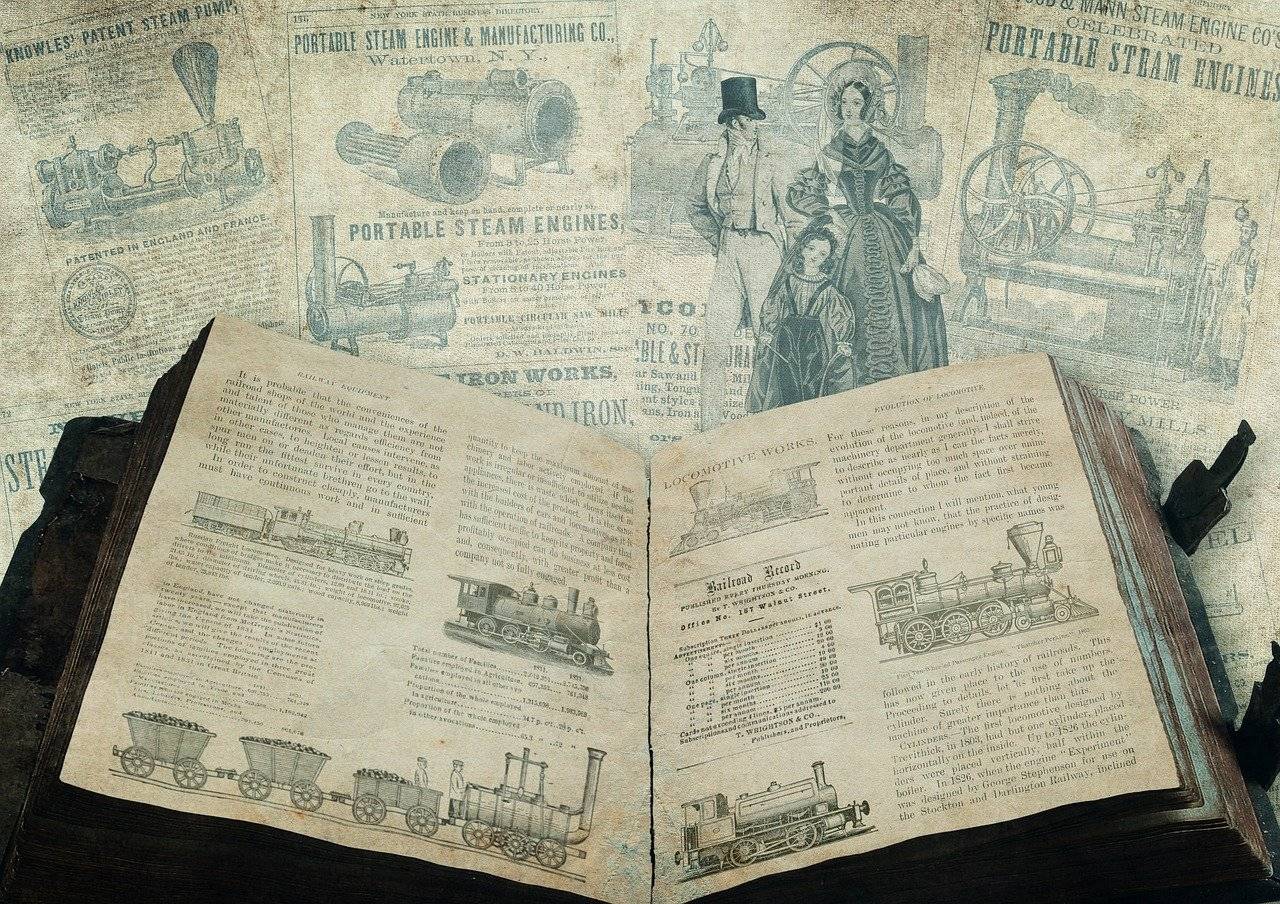There has been a lot of commotion and discussion regarding the recent DIPP proposed amendment to the Patent Rules, 2003. To any agonized patent applicant, these suggested amendments are a relief from the tardy process of awaiting examination and grant for an application which in toto approximately takes 6-7 years. The entire process delays the enjoyment of the monopolistic right offered by a patent. Thus, the number of years that an applicant enjoys his patent right gets significantly reduced and for many applicants, this becomes the root cause of several monetary losses. On the other hand, when there is no delay in processing of the patent application, the result in an extension of the patent term. While we appreciate the recent developments with respect to e-filing and changes in the patent-fee model, all efforts are in vain if the patent applicant does not get a time-bound grant.
A writ filed before the Delhi High Court acted as a saving grace for many long-waiting patent applicants. This was filed to address the delays in issue of patent grant. During the pendency of the writ, a committee was appointed by the government to formulate a scheme for time bound disposal of all the pending patent applications and to come up with solutions that could be implemented for fresh applications as well. The Court took notice of the findings of the committee and directed the government to act on the following:
- Appointing personnel at the patent office within 9 months and in accordance with the plan scheme of Modernisation and Strengthening of Intellectual Property Offices (MSIPO), who would issue first examination reports within reasonable time
- Increase the allocation of funds for creation of additional posts for examiners and training newly recruited examiners.
- Introduction of a flexible complementing scheme for the staff of the Patent Office so as to attract the best talent possible and prevent attrition.
- Constituting a Committee which would consider:
-
- Measures that would compensate patentees for the time consumed in the examination process
- The factors necessary for expedited or out of turn examination of patent applications
The government appointed committee submitted its report in February this year and the committee was unanimously of the view that, out of turn/expedited examination could be permitted if the applicant sets up local manufacturing units in India for utilizing the invention as disclosed in the application. Accordingly, inclusion of Rule 24C in the Patent Rules, 2003 has been proposed for expedited examination of patent applications.
Another efficient remedy which should have been considered by the DIPP or the committee appointed by the government is the introduction of Patent Prosecution Highway, which is a simple process that accelerates the examination of a patent application. Patent Prosecution Highway allows the participating patent offices to share the prior art and examination information. In the PPH, an Office of Second filing (OSF) can use the prior art search and the examination proceedings of the Office of First Filing(OFF) which accelerates the examination process significantly in the OSF. This also decreases the number of office actions in the OSF thereby reducing the time for pendency of the application and total cost incurred on patent prosecution. While the Draft National IPR Policy mentions that steps need to be taken to establish close cooperation with IP Offices in other countries, it doesn’t specify Patent Prosecution Highway. It is a small term that holds a large potential in making a big difference to the life of Indian Patents.
Authored by Nisha Kurian
Patent Portfolio team head
Contributed with the support of Patents Portfolio division at BananaIP, India



